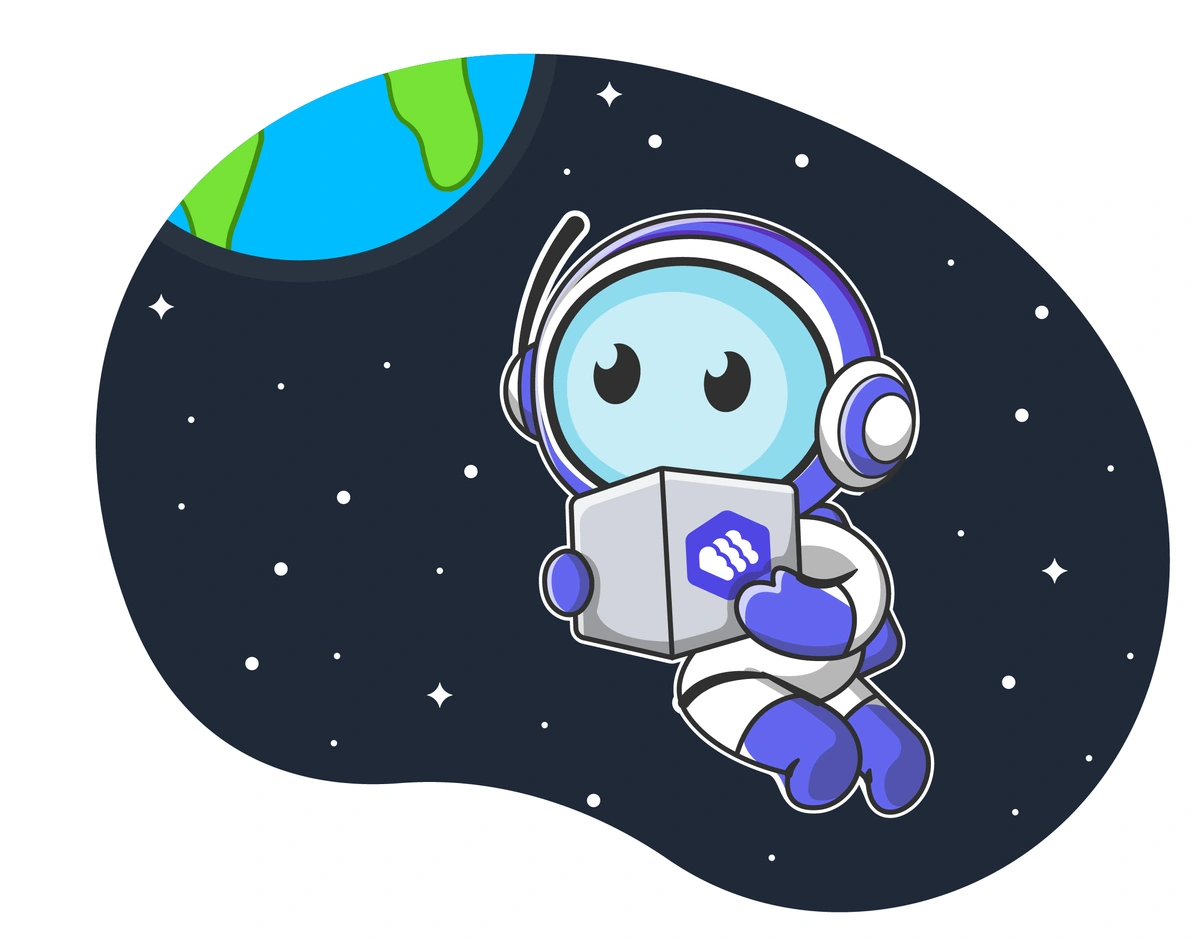Introduction
Debian is a popular operating system built on the Linux kernel for personal computers and servers. It comes with thousands of packages, making it a useful option for IT professionals who want an environment they can control without giving up many of the conveniences that many open-source operating systems do not offer. Debian comes with several package management tools and commands that can help you manage and deploy applications through your IT environment. The following options stand out as Debian package management tools that you need to know.
When you want to take an easier approach to managing and deploying packages, start your free trial with Packagecloud.
Maybe you’re here because you already use Debian and you want to make sure you have the right Debian package management tools. Then again, maybe you just want to learn more about your options. Is Debian the right operating system for you? Learn more by reading our Overview of Debian 10.
Debian Advanced Package Tool (APT)
Debian APT is one of the most important Debian package management tools for anyone who uses Debian. APT gives you a command-line package manager that works for all Debian derivatives. This handy tool will let you do just about anything related to managing packages. It also has a user-friendly interface that makes it a convenient option. You need to know some commands – such as apt-get to install or remove packages and apt-cache to read package information – but it’s relatively easy to learn.
Debian Aptitude
Debian Aptitude turns APT into an even more user-friendly Debian package management tool. While it uses commands, it also provides pull-down menus and other graphical user interfaces (GUIs). It certainly helps to know the command-line functions that you would need to operate Debian APT, but you rely on them considerably less when you choose Aptitude. If you have members of your team without much command-line experience, you will want to add Aptitude to your Debian machines. It doesn’t eliminate the learning curve, but it makes the journey even shorter.
Debian dpkg
Dig down to the base of Debian package management tools and you will find dpkg, a small piece of software that lets you install and remove packages. You can also use it to query packages and learn more about them. When you choose to install or remove packages, you can designate which packages get handled first. The tasks will happen the next time someone uses dselect-upgrade, a command that queries and updates select packages. Dpkg has some limitations. For instance, you cannot use it to work with packages with dependencies that aren’t met. In such cases, it’s better to use a high-level tool like Aptitude.
Of course, you could also make the entire process easy by starting a free trial with Packagecloud. Packagecloud has unparalleled security, an extremely user-friendly interface, and relies on an agnostic API that lets you deploy packages to non-Debian environments.
Tasksel
Tasksel is one of the most simple Debian package management tools that many people only use during installation. It does, however, have many more applications than that. The tasks that tasksel can handle depends on the type of machine you have, such as a web server, desktop, laptop personal computer.
This might seem like an inconvenience, but developers had good reasons for making tasksel this way. Essentially, the types of tasks that you want to perform on a web server are not the same as you want to perform on a laptop or desktop. Tasksel focuses on the commands useful to your current environment so you don’t need to wade through unnecessary commands. This is one of the Debian package management tools that comes with every download, so you might as well experiment with it to see how it works for you.
Synaptic
When you want to manage packages via a graphical interface that doesn’t force you to learn a lot of command arguments, choose Synaptic. Synaptic works almost exactly like its command-line counterparts. The biggest difference is that you rely on an interactive graphical environment. You can still manage repositories, upgrade your distributions, and upgrade installed packages. In fact, it lets you set up automatic upgrades.
Recommended reading: Worried that you aren’t using the best OS for your needs? Read our CentOS vs Debian comparison to help you decide: How is CentOS different from Debian?
How Packagecloud can help with Debian package management tools
While some machines within your organization might run Debian, most employees probably use more popular operating systems like Windows, Android, and iOS. Even those who prefer Linux operating systems might not choose Debian. That’s common in today’s diverse IT environment. However, it can create challenges when you need to update an application on every machine.
Packagecloud removes barriers by taking an agnostic approach to updating repositories and distributing packages. Packagecloud can work with any operating system or coding language. That means you can configure a package distribution pipeline that serves every device on your network. Packagecloud can even help you create a Debian APT repository within 10 seconds. From there, you maintain full control of your repository and updates. Other benefits of choosing Packagecloud include built-in CI/CD support, CPG signatures, stats APIs, and end-to-end SSL.
Start a free trial today so you can see how easy package management and deployment become when you use Packagecloud.



